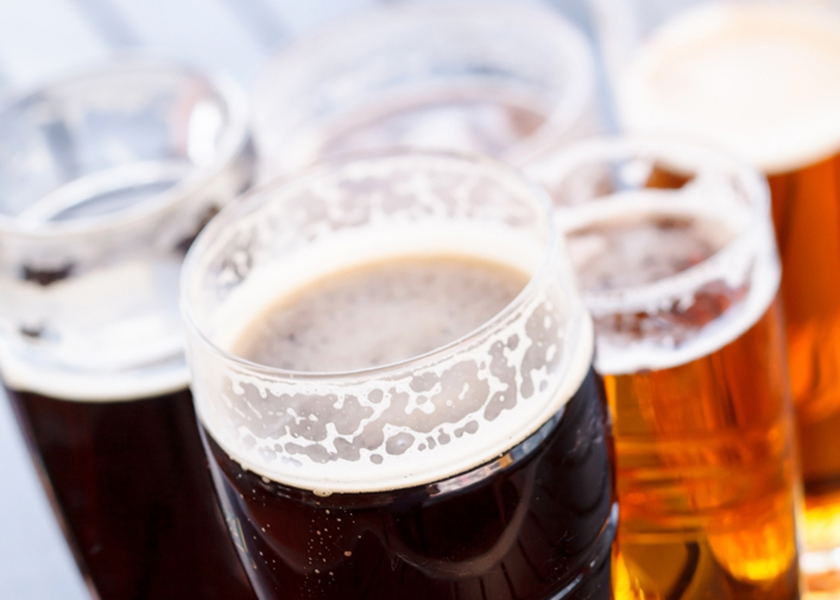KUALA LUMPUR, Feb 20 — Bars and restaurants in the Jalan Telawi area at Bangsar, Kuala Lumpur were left confused yesterday over allegedly different sets of instructions given by the police just hours apart on whether they could serve alcohol, a report has said.
News portal Free Malaysia Today (FMT) cited Joshua Billique who owns a bar as saying that the police had visited 30 such outlets at 4pm to ask them to cease serving alcohol, with the police citing the National Security Council (NSC) rules.
“They then came back at around 8.30pm to say we could serve alcohol but without bartenders and bar lights, so we were all confused,” he was quoted as saying, claiming that only the area was affected while other areas in Kuala Lumpur such as Damansara Heights, Bangsar Shopping Centre and Brickfields were not affected.
Bilique was reported saying however that the NSC had not released any statements on banning alcohol and that there were no rules against the serving of alcohol.
Noting that he has both a restaurant licence and a licence for alcohol, he also said some premises had licences where they are stated as a restaurant and bar, adding that he was unsure if the issue has been resolved or if the police would return again.
FMT reported Kuala Lumpur police chief Datuk Saiful Azly Kamaruddin as referring to an NSC poster stating that nightclubs, pubs and restaurants within such establishments were disallowed from operating during the movement control order (MCO).
“Premises which have a bar-and-restaurant licence cannot open their bar counters,” he was quoted saying, also reportedly saying that restaurants should sell food only when told the establishments claimed to be operating with restaurants licences.
Separately, lawyer Datuk David Gurupatham, legal advisor to the Restaurant and Bistro Owners Association, in a statement sought to clarify the rules currently in place during the MCO.
“There are no restrictions on restaurants serving alcohol with meals. The restriction as I understand it to be is for pubs and clubs not to serve food and not the other way around.
“The right to life and livelihood is protected under Article 5 of the Federal Constitution. At a time when the F&B industry is facing closures and layoffs, this adds salt to wounds,” he said in a statement.
“The enforcement authorities are bound to act within parameters of the law not arbitrarily as they like. The rule of law must prevail,” he added.
“I expect the Mayor of KL, and the Federal Territories Minister to make the government’s position clear with immediate effect, failing which, these establishments will have a cause of action in court.
“There is no scientific data that shows serving alcohol with food in a restaurant — when patrons observe SOPs — increases the risk of spreading the virus.
“Where there are penal consequences, the burden is on the enforcement authorities to show which exact provision of law they are relying on when they abridge fundamental rights accorded to the rakyat under the Federal Constitution,” he added.
The MCO currently only applies to Johor, Penang, Selangor and Kuala Lumpur from February 19 to March 4.
Under the latest set of MCO regulations made by Health Minister Datuk Seri Adham Baba and gazetted on February 18, “activities in pubs and night clubs including restaurant business in pubs and night clubs” remain a prohibited activity. There are three categories of prohibited activities in the second schedule of the regulations.
This item is also listed as one of three categories of prohibited activity in the government’s latest February 18 gazetted regulations for areas under the recovery movement control order (RMCO) in Perlis and to the conditional movement control order (CMCO) applicable to the rest of Malaysia.
This item has also been listed in previous editions of such regulations, along with outbound tour activities by Malaysians and inbound tour activities involving foreign tourists entering Malaysia except for foreign tourists from countries specified by the minister, and “any activity with many people in attendance at a place making it difficult to carry out social distancing and to comply with the directions of the director general”.



















